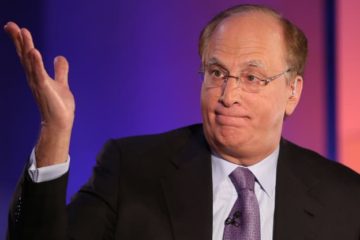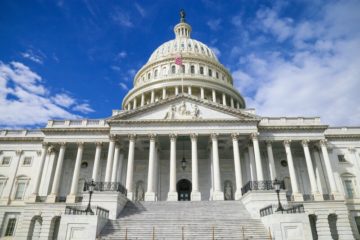Government launches strategy for next year’s summit, as Secretary of States highlights need for the world’s richest countries to pledge ambitious emissions cuts
By Jessica Shankleman
09 Sep 2014
Energy and Climate Change Secretary Ed Davey will today urge the G7 and G20 to set their own greenhouse gas reduction targets to ensure there are “no surprises” when the world comes to agree a new deal to tackle climate change in Paris next year.
Speaking at the government’s launch of its vision for a global deal on climate change today, Davey will argue that momentum is building for an agreement in Paris in 2015, whileb stressing that richer countries must take the lead in slashing greenhouse gas emissions.
“For the very first time we have the key ingredients in place that give us a real chance of a truly global deal,” he will say. “And while the negotiations will undoubtedly be challenging, I judge the prospects of a comprehensive climate change deal to be the best since we first began this journey many decades ago.”
With China, the US, and India all pledging national action to curb emissions post 2020, Davey will call for the EU to set a 40 per cent carbon reduction goal for 2030 and urge the G7 and G20 to follow suit. “Our vision is of a successful agreement in Paris that reflects the economic realities that reflects individual countries ability to make contributions, is sensitive to their industrial development and the standard of living of its people,” he will say. “We need an agreement that is credible – and fair – with emissions reductions from all countries – but with commitments that reflect the ability of countries to make reductions. Above all else, we will need to maintain the political will to secure an agreement in Paris.”
His comments come after a report by consultancy PwC published yesterday found that the world’s biggest emerging economies are by some measures outpacing the G7 in their efforts to cut the carbon intensity of their economies. However, the report also warned that while the global economy was steadily improving its carbon intensity a drastic increase in the pace of decarbonisation was needed to tackle escalating climate risks.
Davey’s intervention also comes just days ahead of a major UN climate summit due to be held in New York on September 23rd. The meeting is designed to provide further momentum to the UN’s parallel climate negotiations, but its likely impact has been diluted in recent days after it emerged Chinese President Xi Jingping and Indian Prime Minister Narendra Modi would not be joining US Presdient Barack Obama in attendance as originally planned.
It remains unclear whether David Cameron will attend the summit, with his decision likely to rest on the outcome of the Scottish Referendum next week. A spokesman for the Department for Energy and Climate Change (DECC) said a decision had yet to be taken on which minister would fly out to New York.
The government’s new vision for a Paris deal, unveiled today, underlines the scientific and political consensus on the urgent need to tackle global temperature rises, arguing that the UK is already being impacted both directly and indirectly from climate change, primarily through increased flooding and rising food prices.
The document also warns that the world is now “playing catch” up as a result of the failure to agree a comprehensive deal on climate change in Copenhagen in 2009. It says that without urgent action by 2020 we will have missed out on the cheapest route available for cutting emissions. “This is a pivotal moment,” Davey will say. “It’s not quite the world’s last hope. And it won’t be the end of the story. But failure in Paris would see our chances of limiting climate change to manageable levels go down and the costs of doing so go up.”
The new document also highlights the growing opportunities for businesses to invest in low carbon technologies. Davey will welcome the fact that investment in renewables has outpaced that in fossil fuels for four years in a row and forced investors to weigh up the costs and benefits of climate change. “Our business community has recognised that decarbonisation and securing long-term prosperity go hand in hand,” he will say. “From the savings that can be made through energy efficiency to the growth prospects through the supply chain.”
But despite growing momentum ahead of the Paris Summit, many observers have raised fears that the “bottom up” approach that is likely to shape any new treaty, in which each country sets their own targets, will result in a weak deal that fails to limit global temperature rises to below two degrees – the amount many scientists argue is needed to prevent catastrophic climate change. Richard Kinley deputy head of the UN’s Climate Change Secretariat has already predicted the Paris deal will fail to hit the two degree target, but could include measures to ratchet up ambition over the following years.
The UK’s newly stated position could help go someway towards determining whether a sufficiently ambitious treaty can be delivered after all.


